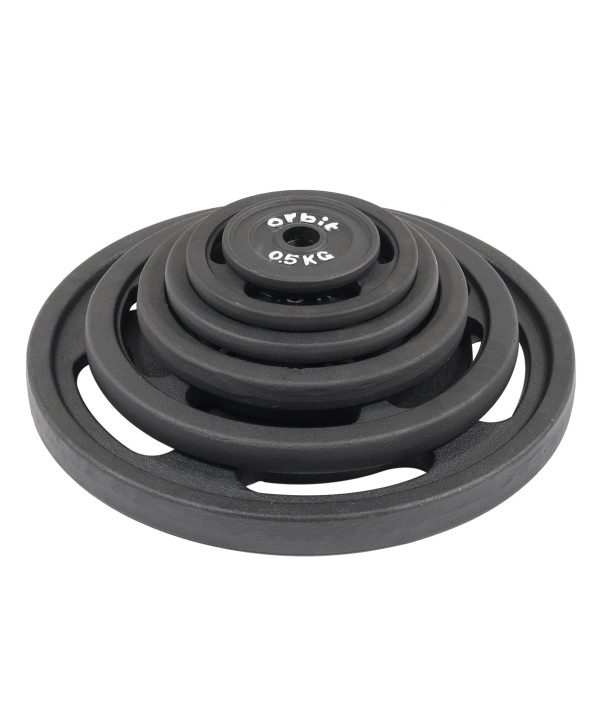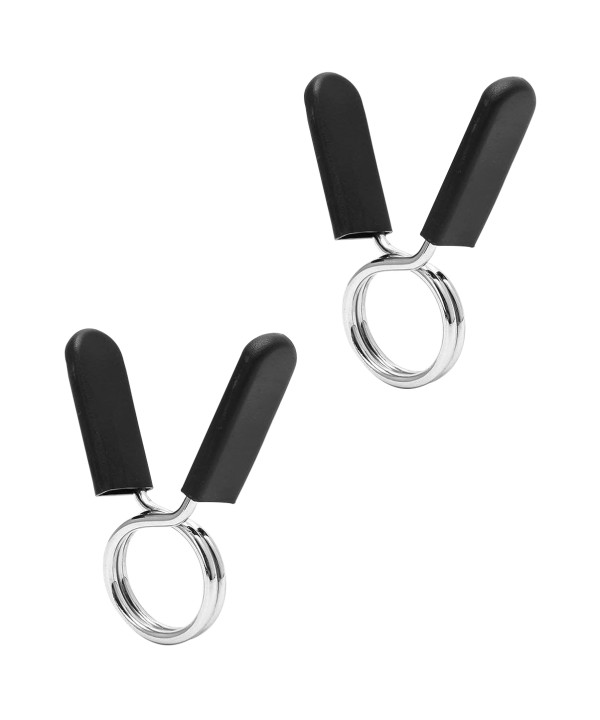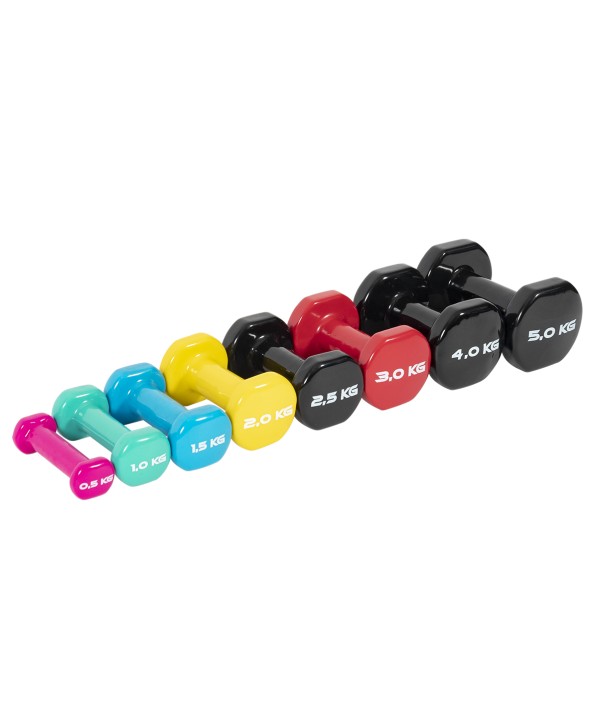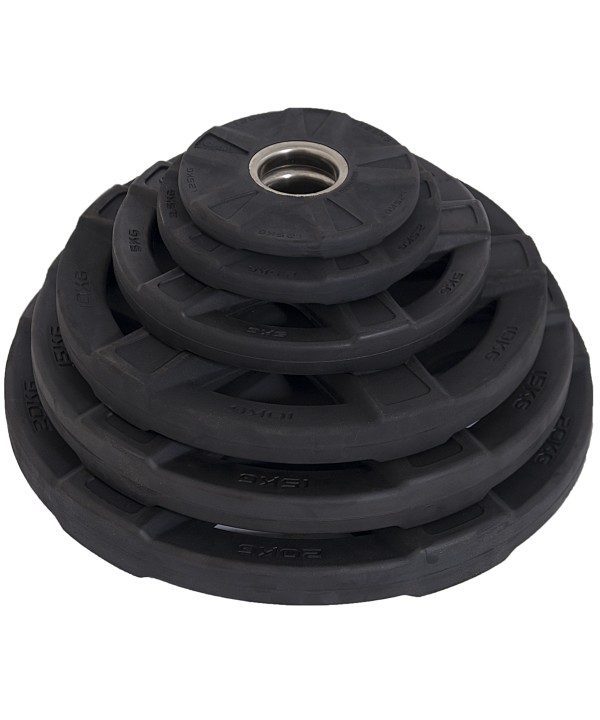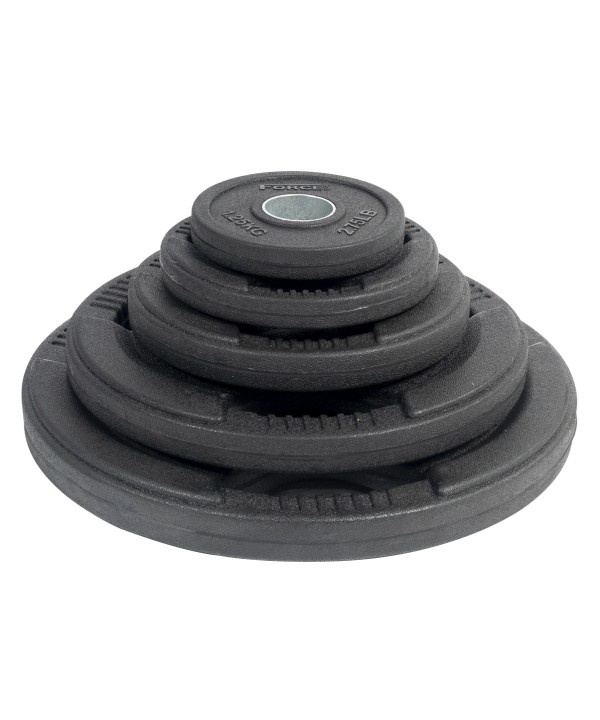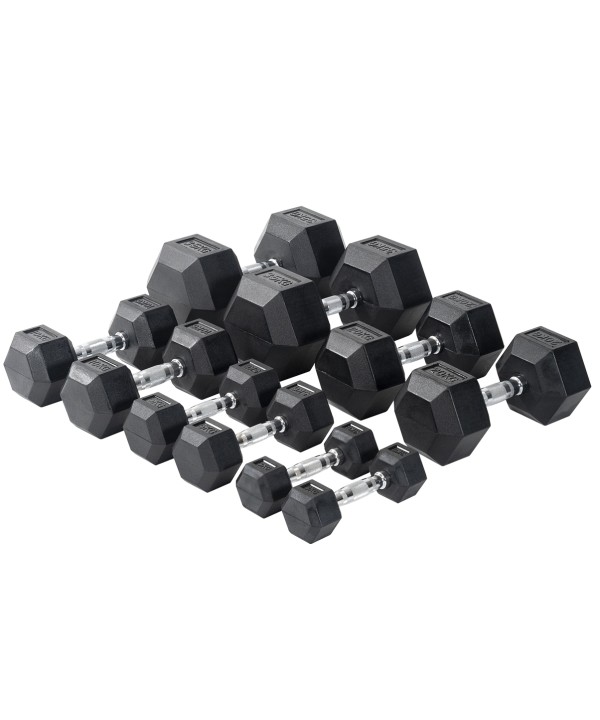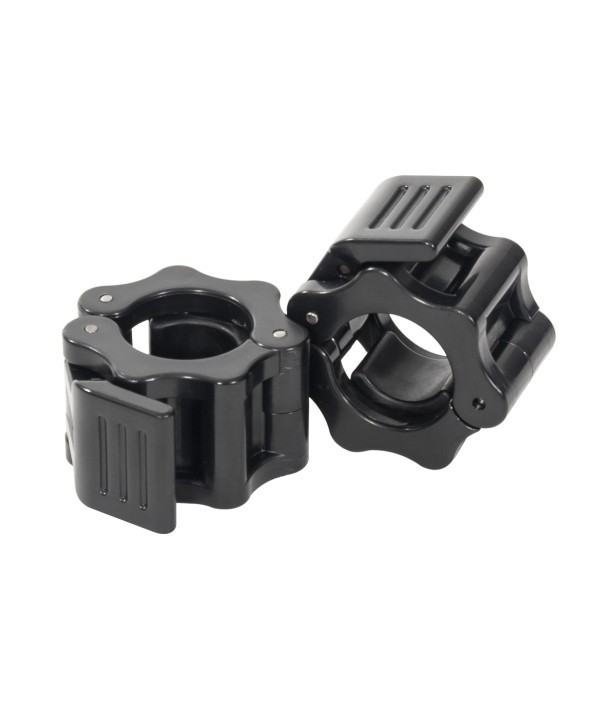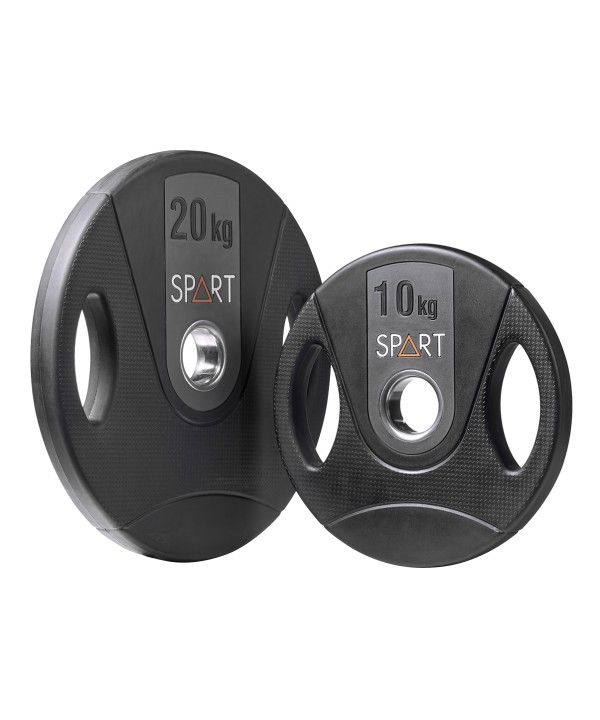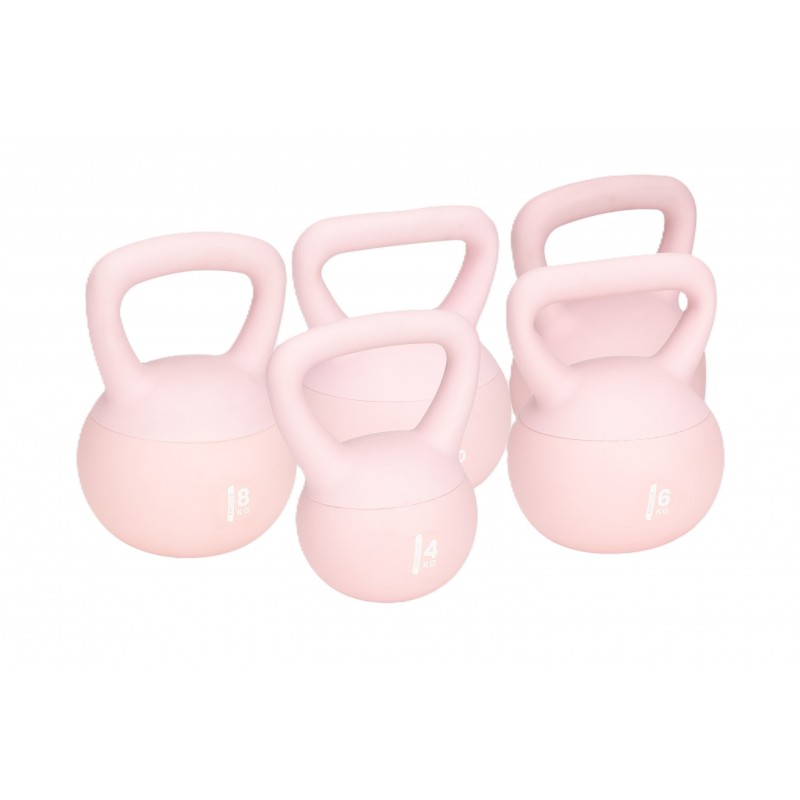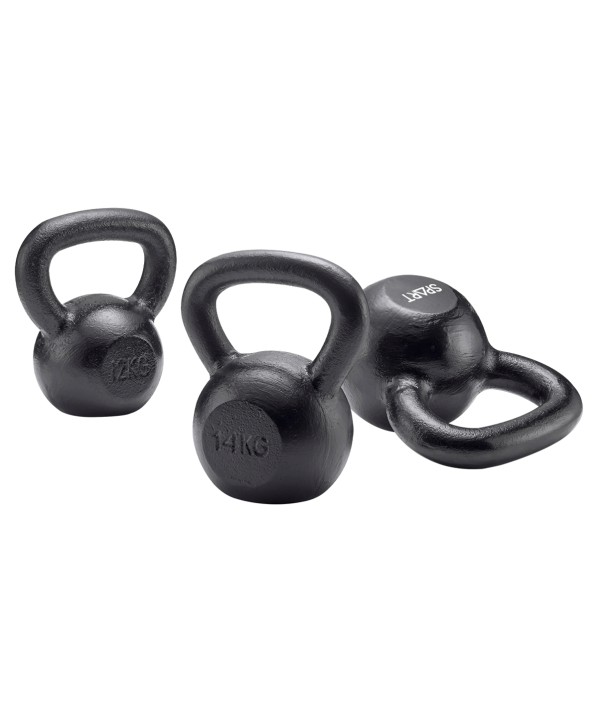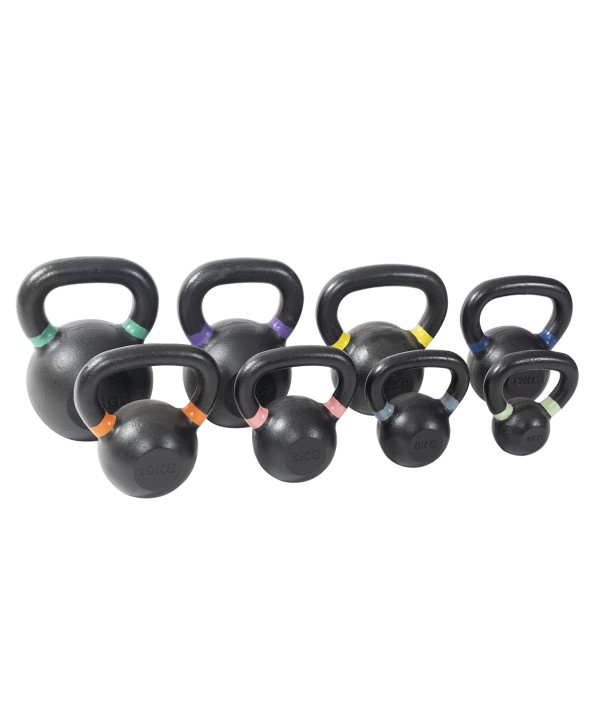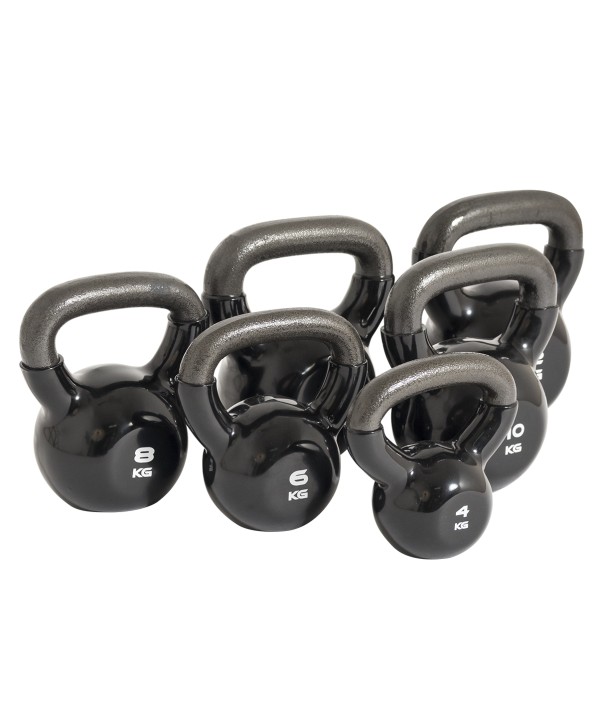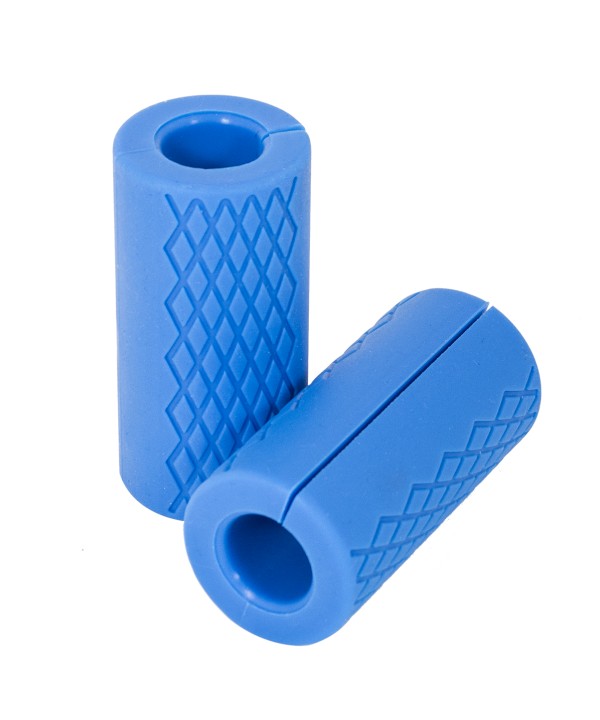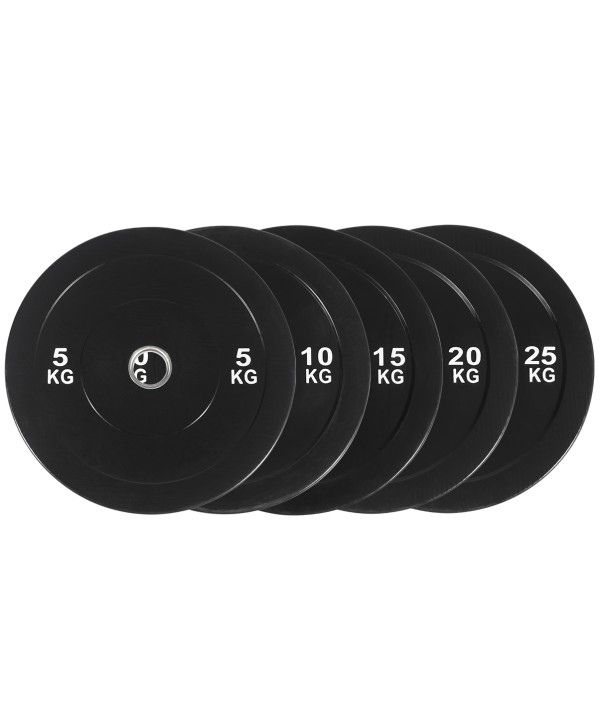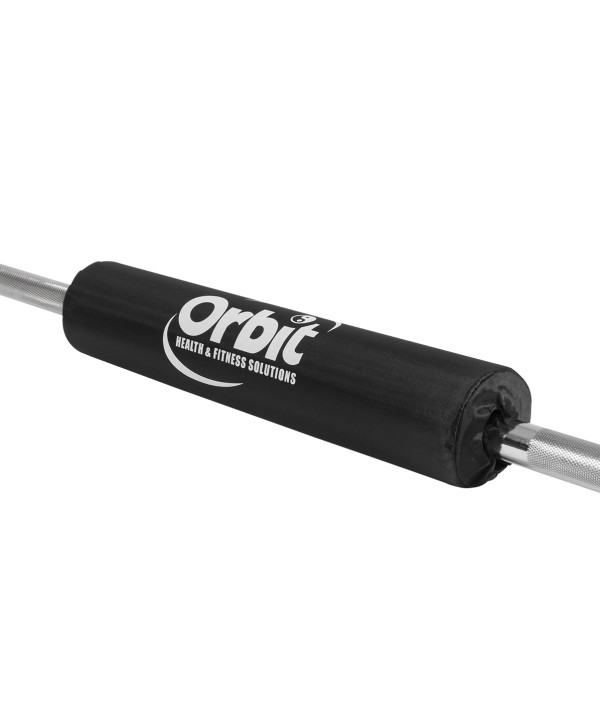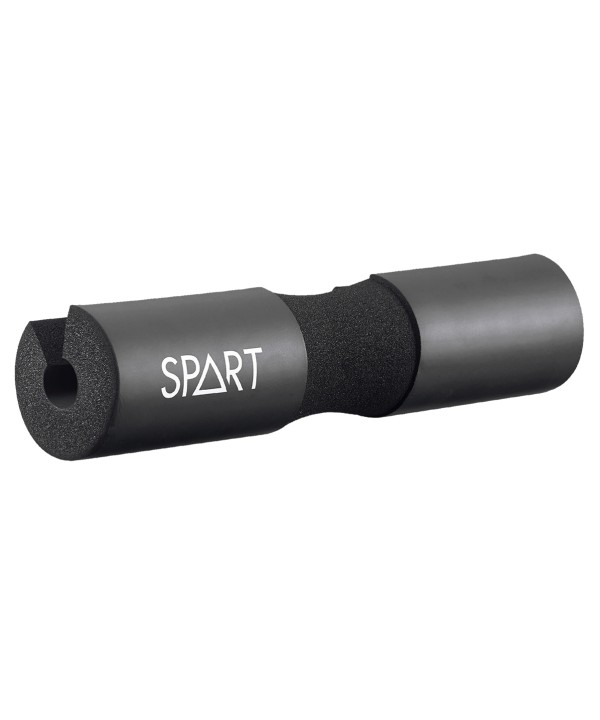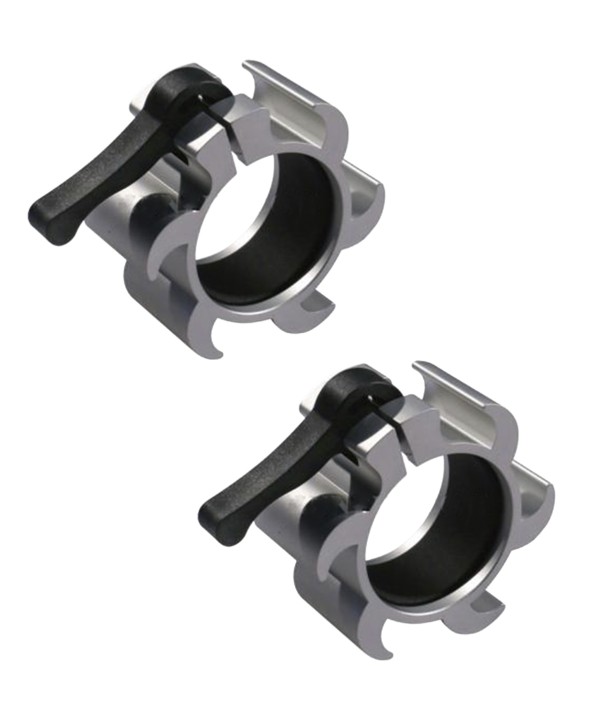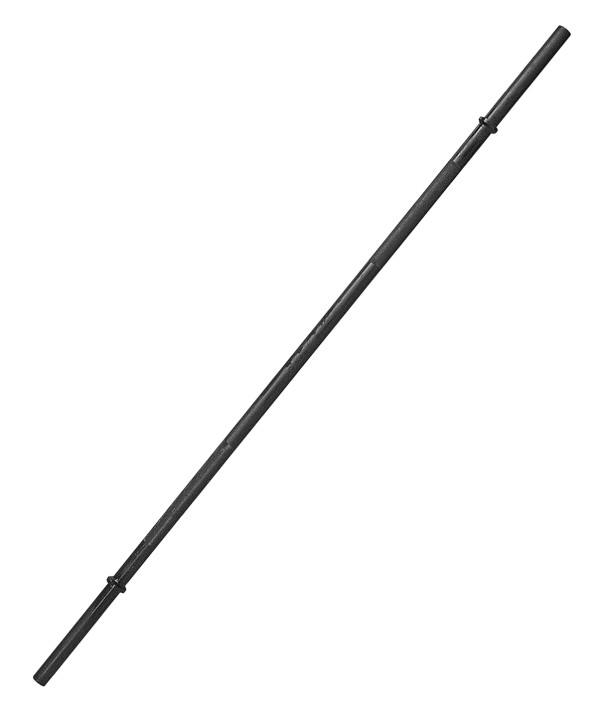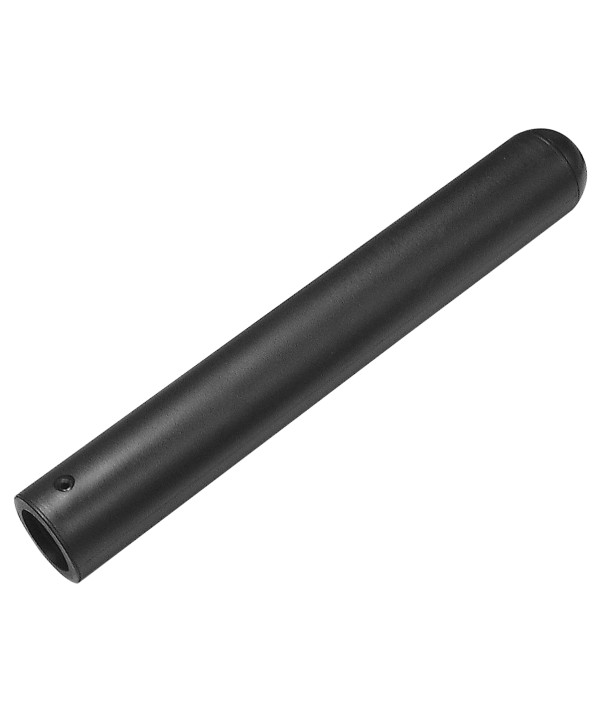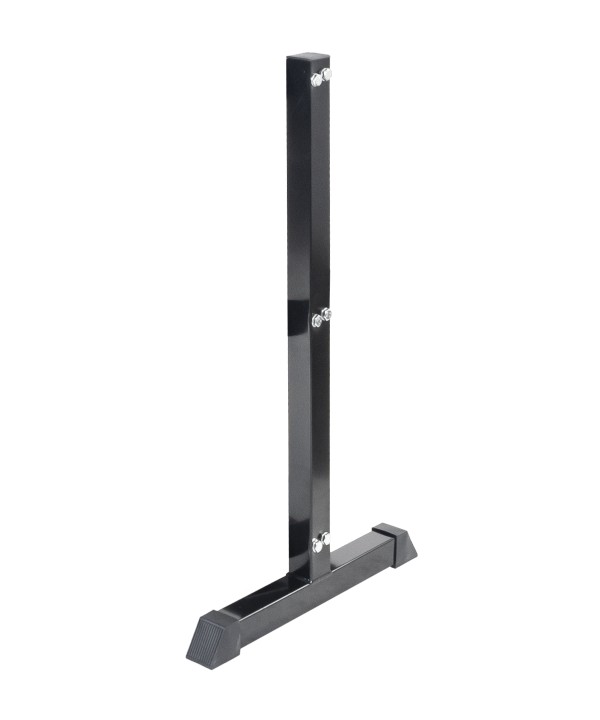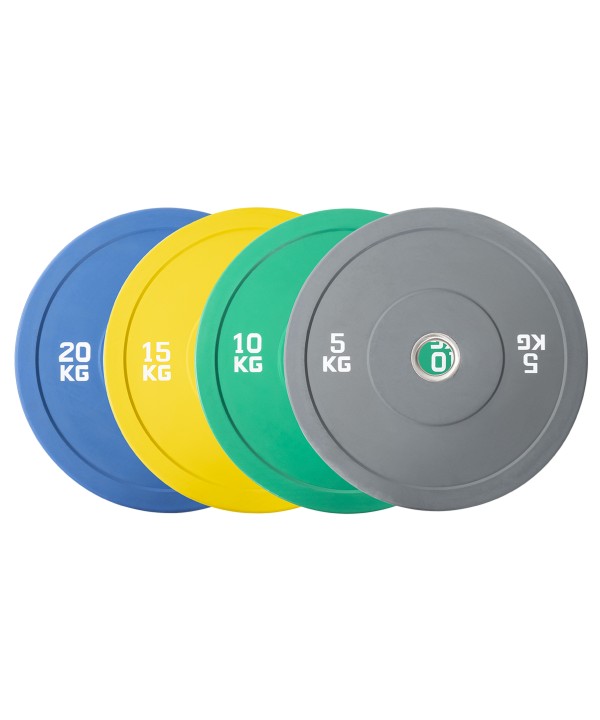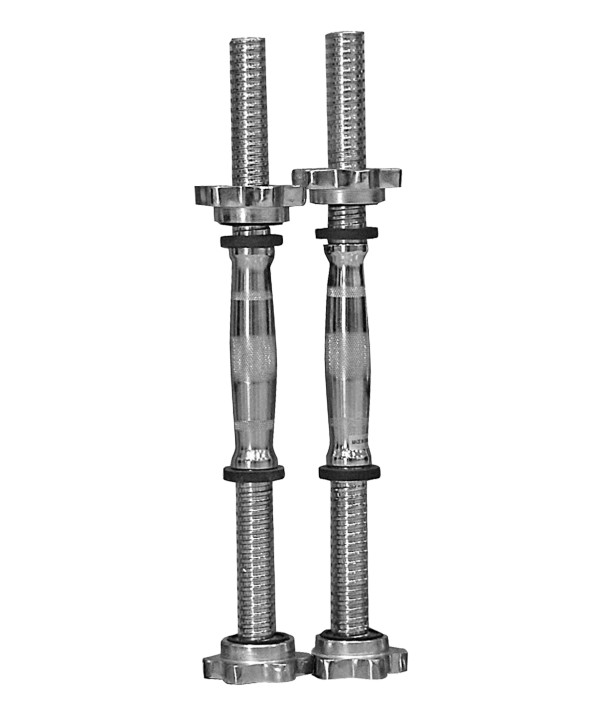Weight lifting equipment is perfect for home use and an affordable option for many who want to incorporate strength training into their fitness routine. Whether you're trying to bulk, tone or lose weight, strength training can provide a range of benefits.
With so many gym weight options available, it can be difficult to decide what to buy. When choosing weight training equipment it’s important to consider the size of your workout space, your strength level and your training goals.
If you are wanting versatile home gym weights, dumbbells are excellent because you can use them on their own for isolation exercises or in other exercises like squats to add difficulty. Kettlebells are great for full-body workouts and perfect for incorporating into HIIT workouts. Barbells and weight plates are also versatile and can be used for Olympic lifting, powerlifting or functional training.
Fast Australia-wide Shipping
Our range of weight gym equipment is eligible for Australia-wide shipping. For further details check out our delivery information.
Flexible Payment Options
When weight training, you will typically buy a variety of home gym weights to add versatility and difficulty to your workouts. So that you can get the gym weights you need now, we offer flexible payment options like Zip Pay and Afterpay.
Shop in Store
If you're located in Western Australia, pop into one of our stores to shop our range of weight training equipment. Our staff can help answer any questions you have as well as provide demonstrations on how to use different equipment. Head to our locations page to find a store near you.
Strength Training Workouts
Need inspiration for workouts you can do with different gym weights? Head to our strength workouts page for a variety of different workouts utilising our weight lifting equipment range.
Get in Touch
Got a question about our gym weight options? We’re always here to help.
There are several ways for you to get your questions answered. You can call us on 1300 13 42 13, send us an enquiry, or for a quick answer, check if your question has been answered in our Frequently Asked Questions.
Commercial Enquiries
We stock a range of commercial-grade weight lifting equipment. Head to our commercial weights and bars page to view the full range or if you have specific questions, please call (08) 6241 3019 to speak to our commercial team.
Frequently Asked Questions
-
What Weight Lifting Equipment Is Best For Home Use?
All our gym weights are perfect for home use since they don’t take up much space and can be neatly organised with our weight storage options.
-
What Weight Lifting Equipment Should I Start With?
It depends on your training goals. Dumbbells are a great place to start with countless exercise options, or if you plan on doing full-body high-intensity workout routines kettlebells are a great choice. If you are more interested in weight lifting, then weight plates and barbells are the better options. Regardless of your training goals, if you’re a beginner we recommend starting with lower weights to avoid injury and working up to heavier weights gradually.
-
Which Gym Weights Are Best to Incorporate Into HIIT Workouts?
Kettlebells are great for use in HIIT workouts because they can be used in dynamic movements and allow you to quickly and easily transition to another exercise.
-
What Gym Weights Are Best for Losing Weight?
All gym weights can help with weight loss, as they all help you build muscle. While cardio burns more calories in a session, weight training burns more calories post-workout. This means you keep burning calories for hours or days afterwards. To help maximise weight loss, it’s important to combine cardio and strength training routines throughout the week.


